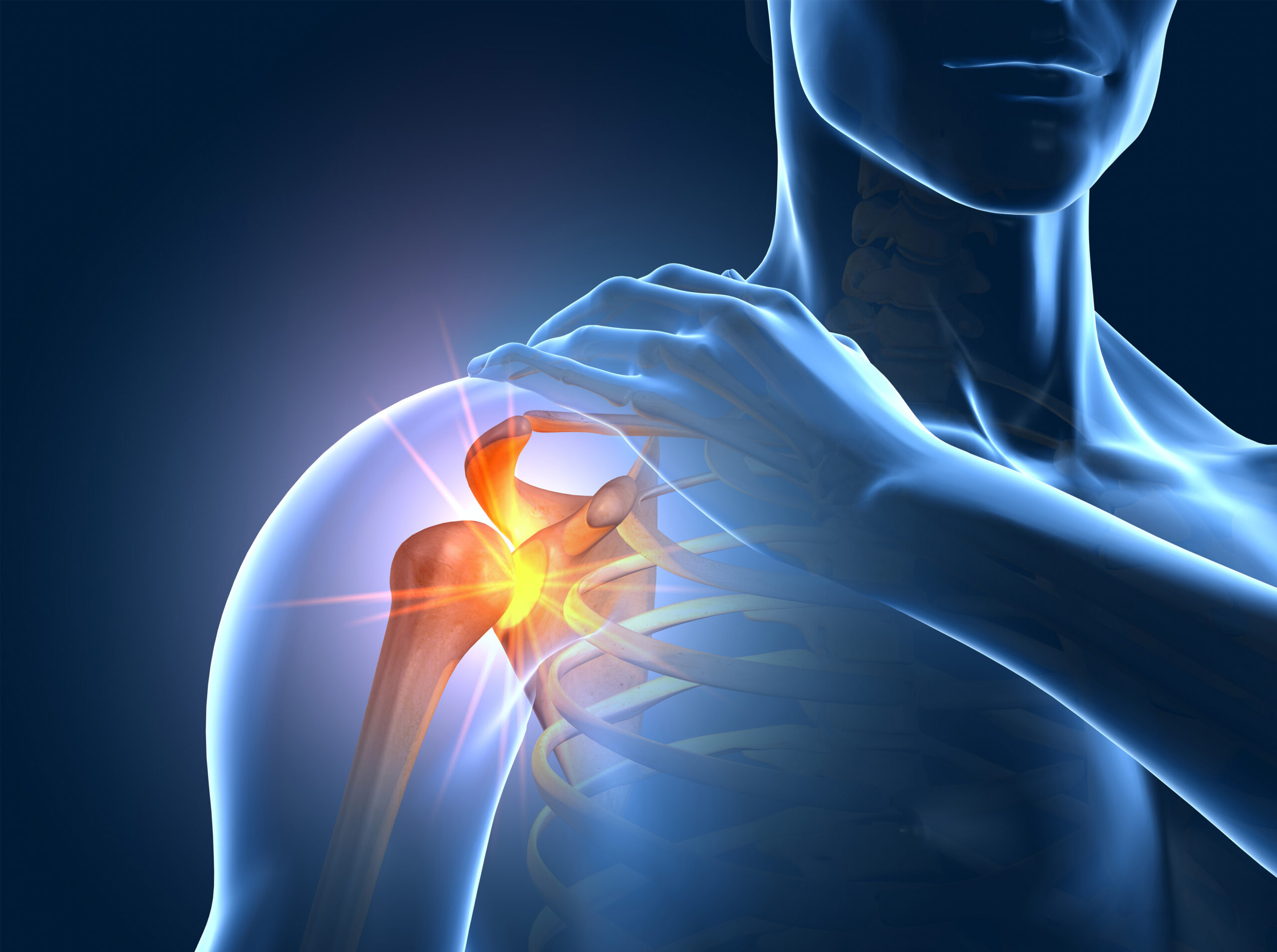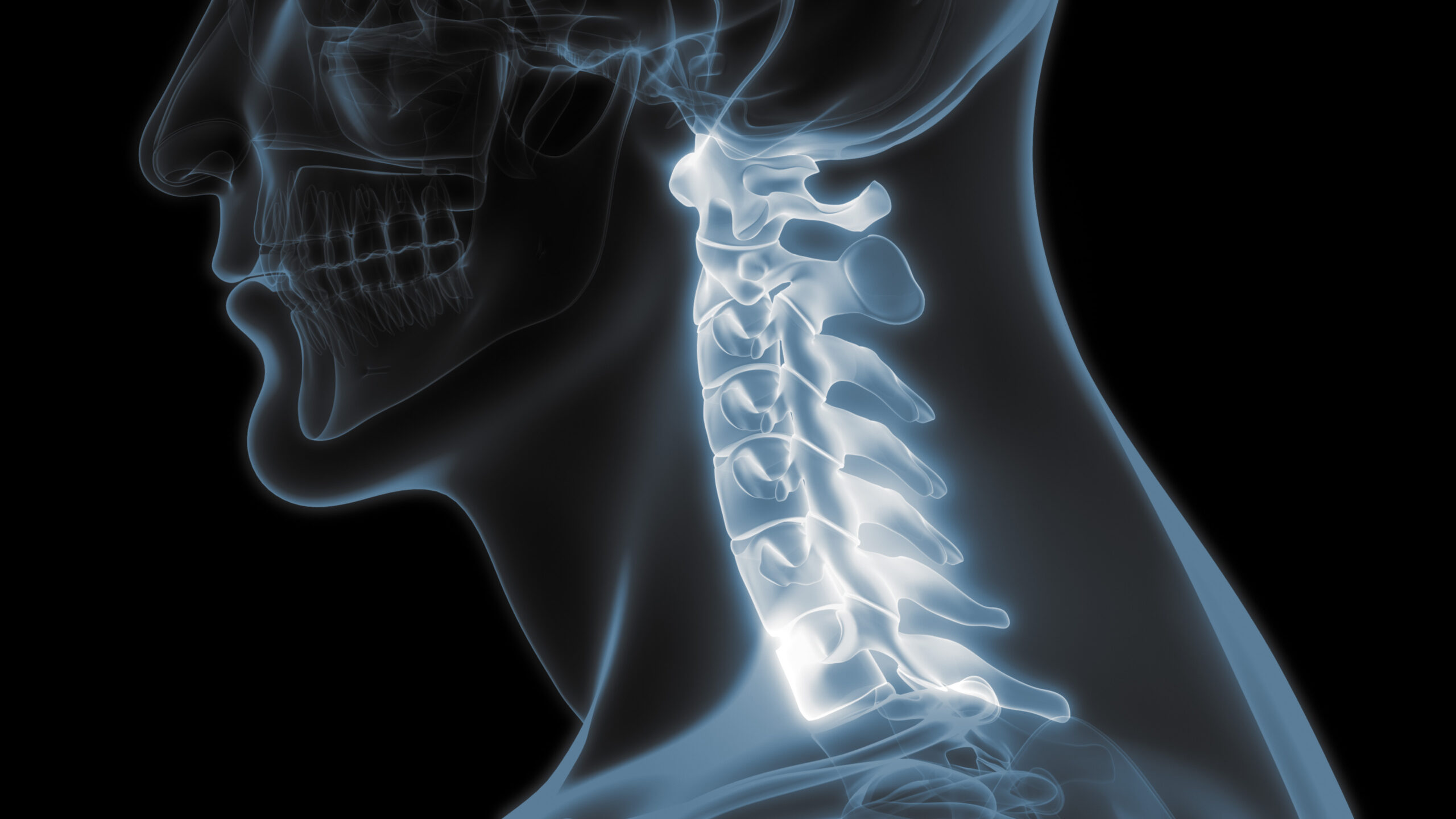What is Carpal Tunnel Syndrome?
Carpal Tunnel Syndrome (CTS) is a condition in which the Median Nerve is compressed as it travels into the hand. Compression leads to nerve dysfunction which manifests as symptoms that may include numbness, pain, tingling, weakness, and dropping things. Symptoms are often first noted at night and you may wake up and feel the need to shake your hand or hang it off the bed to try to get it to “wake up”.
Who is most likely to have it?
Typically, women are more likely to experience CTS than men. The peak age range for developing carpal tunnel is between 45-60, however it can affect people at any time throughout adulthood.
What are the causes?
Carpal tunnel syndrome can be caused by many things, but it frequently occurs in patients who overuse their wrists or experience a traumatic event where extreme pressure was placed on the wrist(s). Carpal tunnel syndrome can also be caused by:
- repetitive motion
- use of vibrating hand-held tools
- pregnancy
- arthritis
- trauma to the wrist
- swelling or inflammation around the tendons
- work stress
- diabetes
- hypothyroidism
- tumor or cyst in the carpal tunnel
There are many different professions and sports that expose people to the risk factors of carpal tunnel syndrome. However, most of the causes are from preexisting medical conditions.
 What can prevent carpal tunnel syndrome?
What can prevent carpal tunnel syndrome?
It’s a common misconception that office workers who spend large amounts of time working at a computer are the most likely to have carpal tunnel syndrome. In reality, there is little statistical evidence to support this idea. The best way to help prevent the syndrome is to have frequent physical examinations. These may help to identify medical conditions that are sometimes associated with CTS, such as hypothyroidism or diabetes. Early diagnosis and treatment can also help to prevent worsening of the disease.
Is there a non-surgical treatment?
Oftentimes, early carpal tunnel syndrome can be managed without surgery. Patients who experience mild symptoms or those who have carpal tunnel syndrome due to pregnancy can often improve within a few months. This is especially true if the patient is under the age of 30. Some nonsurgical treatments are:
- night splinting
- steroid injections
- rest and ice
- anti-inflammatory medication
- occupational therapy
- hand exercises
When is surgery necessary?
Surgery is generally a last resort for treating CTS, but in some cases, it is required to prevent permanent nerve damage. If not addressed early enough, there can be permanent weakness and loss of sensation. The surgery is a minimally invasive procedure, and you are immediately allowed to use your hand for light activity after surgery as tolerated. Some patients who spend most of their time at a desk can go back to work the same day if they feel up to it. Your recovery may take longer if you do a lot of heavy lifting or manual labor. Contact Colorado Springs Orthopaedic Group for a consultation regarding a treatment plan that is right for you.


